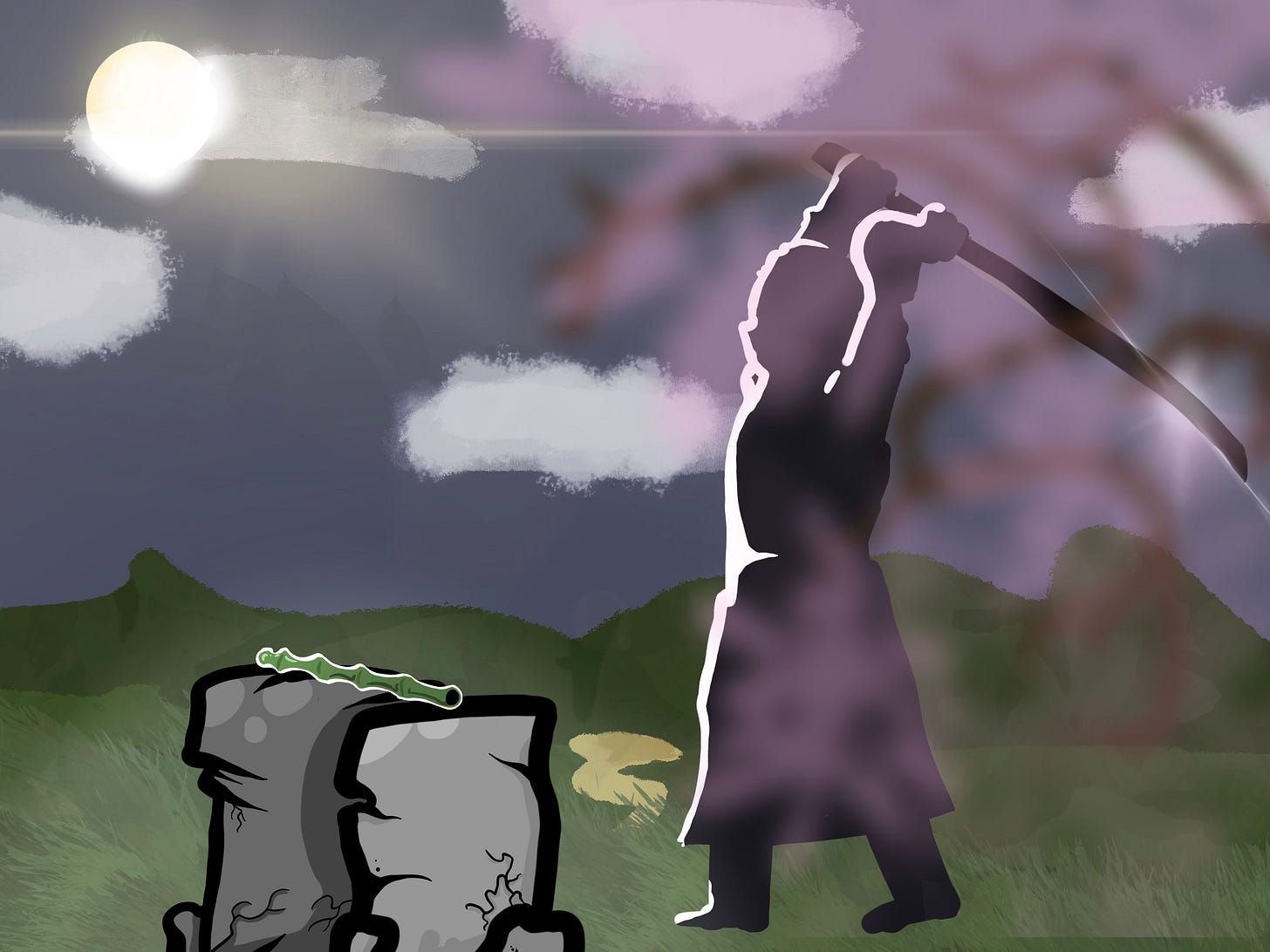On Expertise
...
Expertise slows the progress of knowledge, some say. First, it delays arrival at the cutting edge: if you must master everything that came before, you may not begin original research until your 30s, when your brain is a rigid fossil and retirement is already near. Also, it blinds you to new ideas: after years of seeing with accepted principles, reliance on those principles becomes second nature, a dusty, comfortable cow-path in your mind, and new and better ideas—the advances possible by coming at things sideways—become invisible. In The Lever of Riches Joel Mokyr documents one after another innovation created by amateurs just messing around, or discovered by accident by people working in other fields, while the so-called experts got nowhere. Serious money was invested by governments and corporations into the research and development of flying machines, only for all of them to be beaten by two bicycle mechanics from Ohio, working on their own.
On the other hand, there’s the story of convoy in World War II. Britain depended on supplies from America to stay in the war. But German U-boats patrolled the Atlantic. Merchant ships with food and arms were therefore sent across in convoy, guarded by armed escorts. With national survival on the line, losses had to be minimized, but how? Send many small convoys, or fewer large ones? More small convoys, one would guess from the armchair, means more chance one of them meets a U-boat, but fewer losses per meeting, and it’s unclear how those risks add up.
The Admiralty believed that sending many small convoys would minimize losses. Fortunately, the British government did not rely solely on that ancient institution’s ancient wisdom. It recruited scientists to look into such questions and produce more than hunches. Patrick Blackett was famous among them, and in his government service he more or less invented operations research as a field of study.
Blackett’s group first surveyed existing statistics on convoy losses. They found that large convoys were safer: a smaller percentage of their merchant ships were lost. But this did not satisfy them:


